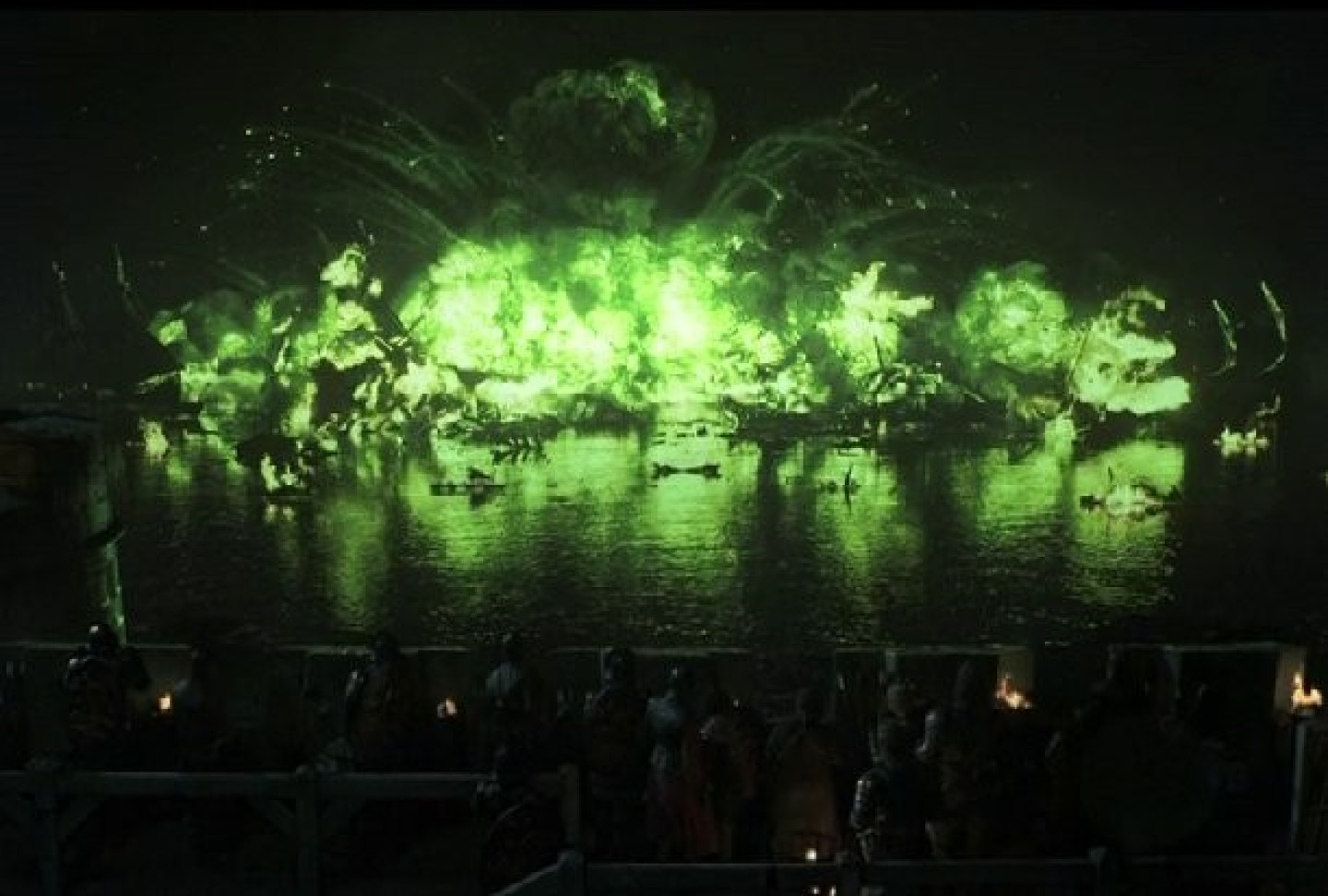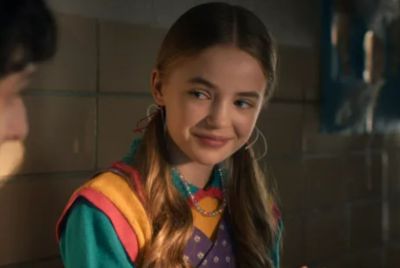Game of Thrones and the Ultimate TV Blockbuster
Second season of the HBO show reveals the lengths television is prepared to go to match Holywood cinema.

The second season of the incredibly popular fantasy show Game of Thrones drew to a close this week, captivating millions of viewers around the world as we saw Daenerys (Emilia Clarke) reclaim her dragons, Tyrion (Peter Dinklage) usurped as hand of the King, and Jon Snow (Kit Harington) abandoning the Night's Watch for the wildlings. The incredible finale, 'Valar Morghulis' broke the show's records by scoring 4.2 million viewers in America, a sizable increase on the 3 million viewers who tuned in for the finale of season one.
The improving ratings have matched the growing confidence of the show's writers in adapting George R. R. Martin's immensely popular book series. From the scorching heat off the Adriatic coast as they filmed in the Croatian city Dubrovnik, to the frozen tundra in Iceland where The Night's Watch soldiered through, the filming of the show has been every bit as ambitious as the novels it is adapting.
Dan Weiss, who produces the show with David Benioff, spoke of the challenges involved in filming a show of such magnitude.
"To my knowledge, a story of this scale has never been told within filmed entertainment. There's so many characters and locations and storylines, so many things that are atypical in television - and for good reason. You could do this show relatively easily with twice the money that we have, then after a couple great seasons it'd collapse under its own weight and cease to exist."
The most obviously example of this bold vision was the penultimate episode, Blackwater, a stunning hour of television in which The Battle of the Blackwater was waged on an epic scale. The show's estimated $60 million budget increased by 15 percent in order to accommodate the violent clash between the army of Stannis Baratheon (Stephen Dillane), and the Lannisters in King's Landing. From the swirling green inferno that incinerated Stannis's fleet, to the carnage that engulfed the gates of the city, everything about it felt bold, daring and most importantly, cinematic.
The TV show follows hot on the heels of fantasy films such as The Lord of the Rings trilogy and the Harry Potter series, and this attempt to match Hollywood blockbusters is part of what critics have noted is a current 'golden age' of television where increased budgets and developing technologies have led to television to become even more ambitious.
hows like The Walking Dead, which covers a group of people attempting to survive a zombie apocalypse, and Lost, that follows a group of stranded passengers who have crashed on a mysterious island, would have been inconceivable on television ten years ago. And it is not just America that is pioneering these spectacular new shows. British TV has similarly taken great strides, such as the 2005 revival of Dr Who that's astonishing set pieces has seen it win a whole new generation of fans.
The adventurousness of modern television has also had a reverse effect with some of cinema's biggest names turning their attention to the small screen. Prohibition gangster drama Boardwalk Empire attracted large attention when Hollywood veteran Martin Scorsese directed the pilot episode. Luck, which aired on Sky Atlantic earlier this year, was praised for its exhilarating horse racing sequences filmed by Michael Mann, the director of Heat and Public Enemies.
All this spells good news for fans hopeful that the TV adaptation of Game of Thrones can continue to match the scope and ambition of Martin's epic novel. Not only will the places we see on screen expand rapidly as we discover the deserts of Dorne and the citadel of Oldtown, but dozens of new people will be introduced, creating a vibrant world populated by a multitude of fascinating and complex characters.
It is not only spectacle that has lured millions of viewers to tune in each week for another dose of the fantasy series. Some of the most praised sequences this season have been the snatches of dialogue between Arya (Maisie Williams) and Lord Tywin (Charles Dance), as the two try to outwit each other. Their moments of dialogue revealed not only the inner feelings of the two characters but the thematic concerns of the show.
In The Ghost of Harrenhal, an episode all about how death and danger lurk round every corner, the two discuss Robb Stark, whose northern army remains undefeated in battle. When Arya dismisses the whisperings of his invincibility, saying "Anyone can be killed", it presents to us a girl who is all too aware of how easily death can meet us all.
It is these more intimate scenes that prove that despite the gripping battles and brutal violence that marks the show's visual style, it is old-fashioned character development that still proves the major draw for television viewers. As long as Game of Thrones continues to have fully realised heroes as irreverent as Tyrion, as stern as Jon Snow, as feisty as Arya and as determined as Daenerys then people will continue to want to know more about the world of Westeros, and how the epic story is all going to end.
© Copyright IBTimes 2025. All rights reserved.






















